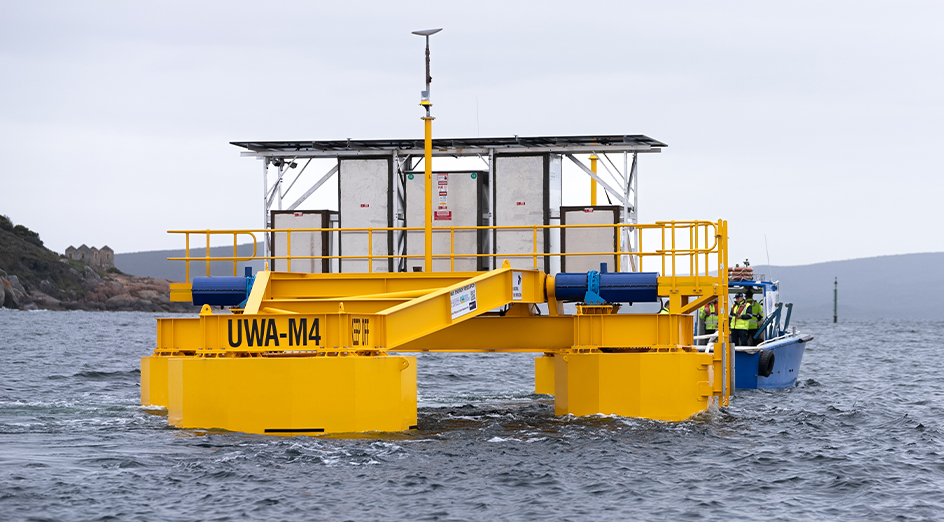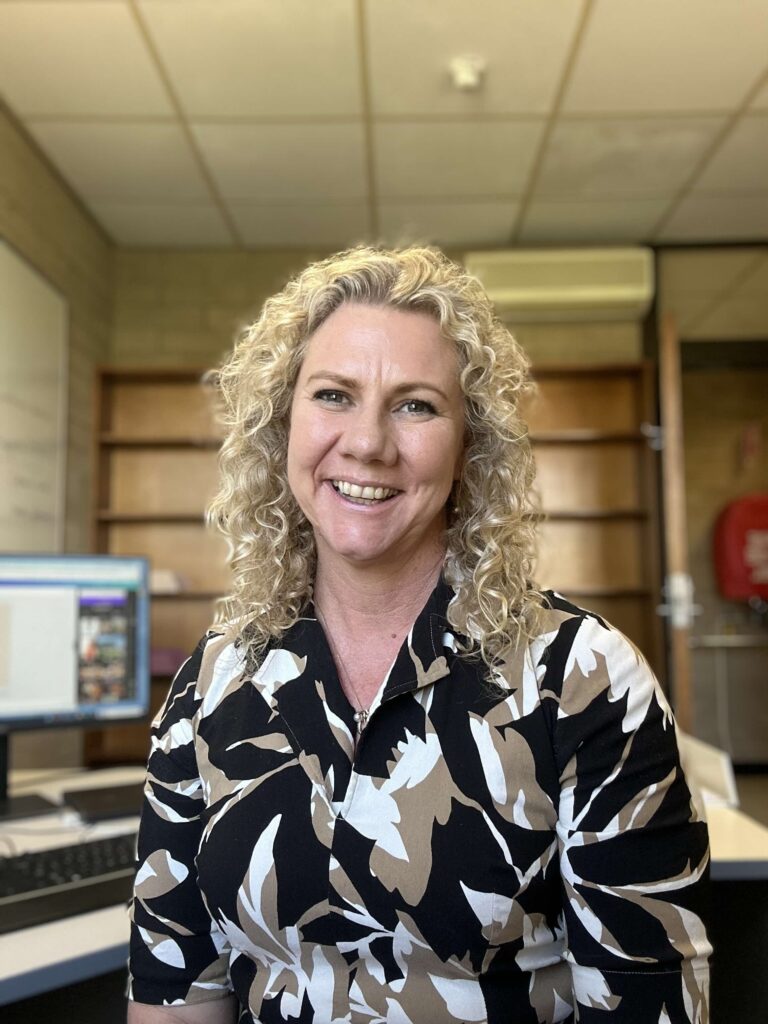The twelfth rate hike in just over a year will hit those most vulnerable in our community hard.
The skyrocketing cost of living is pushing many people into poverty and is forcing people to make impossible decisions each week about whether to pay a bill or put food on the table.
Cost of living pressures have seen a 47% growth in demand for Foodbank WA services in May compared to May last year. This is a trend we are seeing each month.
Foodbank WA now have over 14,332 households are registered and have access cards to Foodbank representing over 35,000 adults and children.
This May alone, Foodbank WA provided 925,718 meals.
Kate O’Hara, Foodbank WA CEO said “We are privileged to be able to support so many Western Australians in need. We are grateful for enough donated stock to continue to be able to provide a diverse range of nutritious foods. This fast-growing demand however was not what we have planned for. That’s why we are working alongside our food and grocery donation partners to ensure our supply grows in sync with demand. It’s a supply and demand balancing act that also considers offering healthy food options for fridges and pantries.
As the cost of groceries soar, and bills climb, the household food budget has come to been seen as discretionary spend, meaning the feeling of hunger has become a familiar one for many in the community.
Single parents are some of the hardest hit, with 37% of single parent families experienced severe food insecurity in the last year, skipping meals or going whole days without eating.
Foodbank WA recently saw 1,040 households come through their network of six branches in one day, an unfortunate new record broken for the state. .
After a car accident left Jo with a disability and unable to work, she struggled to stay afloat. Soon after, her son Zade suffered a horrific accident in which he broke his neck.
Throughout his treatment and rehabilitation, Jo struggled to make ends meet and to have enough food for her children and even lost her house.
She would often go hungry herself, until she found Foodbank.
Jo said: “There would be days where I miss meals so the kids can eat. I try not to let them see the struggles.”
But it’s exhausting and very stressful, thinking ‘what are we going to eat tomorrow?’
“When I know I don’t have a lot of money for the budget that week, I know I have Foodbank and I can get food for the kids. I don’t have $300 to do a weekly shop, sometimes I only I have $80. I can get three times as much with Foodbank.” Jo continued.
Purple Plates is Foodbank WA’s latest initiative to raise much-needed funds for families like Jo’s. Purple Plates represent the empty plates that are on too many Western Australian tables.
Kate O’Hara, Foodbank WA CEO said, “Over half of food insecure households (54%) had someone in paid work and nearly a third of households with a mortgage (30%) have experienced food insecurity in the past year. This figure would be higher today given the increases in interest rates since the report was released.”
“People in our communities are really struggling and having to make choices that they never thought they would, such as whether to keep the power on or to buy food.” Kate continued.
You can








